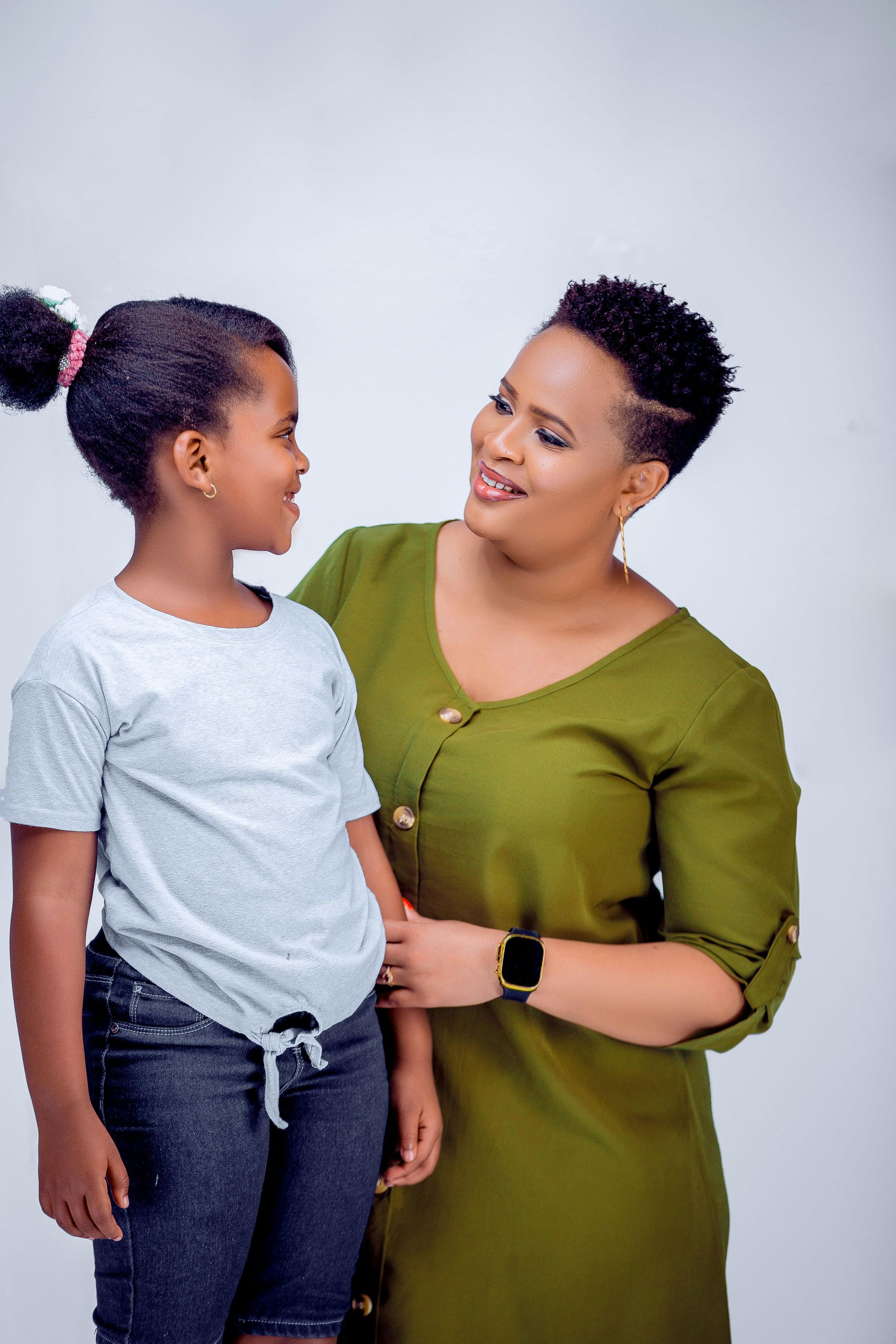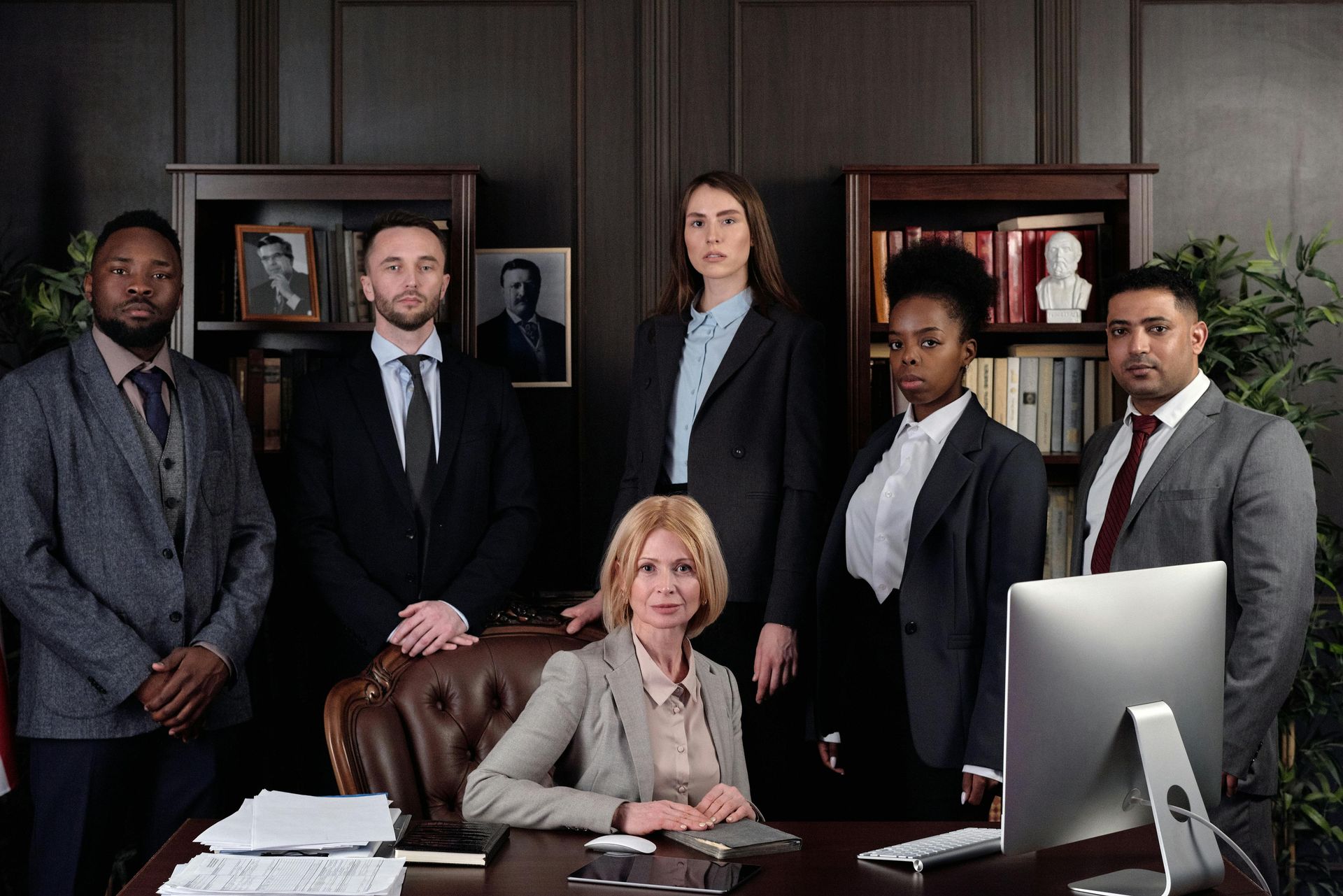When I Became a Guardian Ad Litem
Few attorneys will willingly accept a 60% hourly billing rate reduction and agree to work after hours and on weekends. After decades of flame-throwing divorce litigation, I needed a change. The change I chose required 12 hours of upfront specialized training, a criminal background check with fingerprints, and three professional references. Only after jumping these hurdles did I become eligible to be appointed as an attorney Guardian Ad Litem (“GAL”) in Ohio courts. I’ve now been a GAL for just over a year.
To those unfamiliar with the vast world of child related court cases, a GAL represents the best interests of the child. This representation can take place in a custody or parenting time or visitation case; in an Abuse – Neglect - Dependency case (“AND”); or in delinquency case where the child is accused of a crime. The best interest is not representing the wishes of the child but what is in his long-term best interest. When the child wants something adverse to his own best interests, then a separate attorney is appointed to advocate for what the child’s wishes.
Wanting something against one’s own best interest is proof positive that children are people too. This overlooked reality played a large factor in my decision to undertake GAL work.
Abuse, Neglect, Dependency: The Terribles & Tragedies
These are the cases broadcast on the local news that make the public scream for the death penalty. There is a shortage of lawyers willing to have any part of these cases because of the low pay and the horror stories that cause nightmares.
As soon as I was eligible for appointments, I was assigned almost immediately to three different drug-addicted infants. All were born addicted and had to be weaned off the drugs they received in utero. My job was to monitor the mothers’ progress in rehab and determine whether the new baby would be sufficient motivation to give up their drug of choice. The fathers were
either absent or unidentified. Two mothers succeeded and there was an acceptable alternative family placement for the one who did not even try. For some addicts, their drug becomes their family.
The abuse and neglect cases usually meant a parent had lost control in a minute of anger or that the parent was homeless, mentally ill or disabled. A network of county services try to remedy the usually long-standing life problems that debilitate a person’s ability to care for a child.
In AND cases, the GAL is appointed until the child emancipates. It would be easy to make these cases a full-time career because the children keep coming back when a parent relapses or a placement fails. The chance to have a long-term view of the child’s life and development is the best part of these appointments. The worst part is that one learns what happens behind closed doors.
Delinquencies
These cases remind me the most of my days as a public defender on the felony docket. The juvenile justice system is intended to rehabilitate, not punish, the child. As long as the child is not charged as an adult, the cases tend to be one-offs where a child steals a car, hits a student or steals from a store. If a child is certified as an adult, he faces the same penalties as they do “across the street,” referring to adult felony court. That street is to be avoided at all costs.
Some older kids are just pre-felony adults. Much like foster kids who age out of the system, their future is not bright. Thankfully, they are still kids and do not realize how much more brutal life can become, or how quickly.
Custody, Parenting and Grandparent Cases
These cases have made the biggest improvements to my skills as a private attorney. I have spent most of my work life representing clients who will fight for nothing other than a chance to have fought. There are exceptions, and some clients have become life-long friends, but there are reasons the rate of alcoholism for family law attorneys is so high.
For the first time as a GAL, I get to hear from both parties, and their children, directly. It has been eye-opening to watch how what the parent says is to me contrasts with their attorney’s view of the case. Spin is good, but spin is not truth, and a direct view of the parents’ behavior behind the spin is what the courts want from its GALs.
Red Flags & Dog Whistles in a GAL Investigation
A full 90% of complaints between parents are just bickering. The fate of the child does not depend upon who gets spring break this year; or whether the child is around a family member who smokes; or whether the child goes to dad’s house straight from school or returns to mom’s house to change clothes first. I have had to listen to these complaints from clients as a lawyer and it is refreshing to be able to bluntly shut down these notions in my role as GAL.
The very first caution light is a GAL parent who requests an extended first appointment. Sixty minutes is adequate for almost all new meetings. Beyond that, the meeting devolves into a retelling of every wrong the other parent has done. If a GAL parent comes to me asking for more than 60 minutes upfront, I get scared. Obviously they have thought about what they want to convey and they expect a lot of time to tell their story. To a GAL, it’s not the parents’ story that matters, but the child’s. Sixty minutes is plenty.
Even worse is the parent who brings a wheelbarrow of “evidence” to the initial meeting. This generally consists of endless text messages and calendars written in some cypher only they
can understand. The very worst is the demonstrable evidence--when a parent brings in a child’s dirty underwear or even worse, a used diaper. If you do this, you have lost all perspective as a parent and as a human being and I feel sorry for your child.
Another common problem is the parent who simply will not accept that their way is not the only way. Everyone thinks they know the best way to raise children, but to some parents this thought is ever present. I have seen text messages where one parent orders the other to be quiet or to stop responding. One parent would not even consider agreeing upon basic house rules that would stay the same in each house. There was no reason to consider changes or possible improvements.
The very worst is the parent or client who claims the child is an angel while on their time so therefore all the problems the other parents have must be that parents’ fault. This is the ultimate weapon of blame designed to shame and shut-down the other parent. The correct response would be, why does my child believe it is appropriate to act this way with the other parent? How might I assist the child to respect the other parent? Almost always, the child’s dual behavior is caused by the contempt the righteous parent feels towards the struggling parent.
Final Thoughts
A good GAL must be a good observer. The GAL advocates for the child and this makes some parents feel as if the whole system is biased against them. The process is unbiased, but the GAL recommendations are based upon observation and application of the law.
More Family Law Blogs
by Anne Harvey









